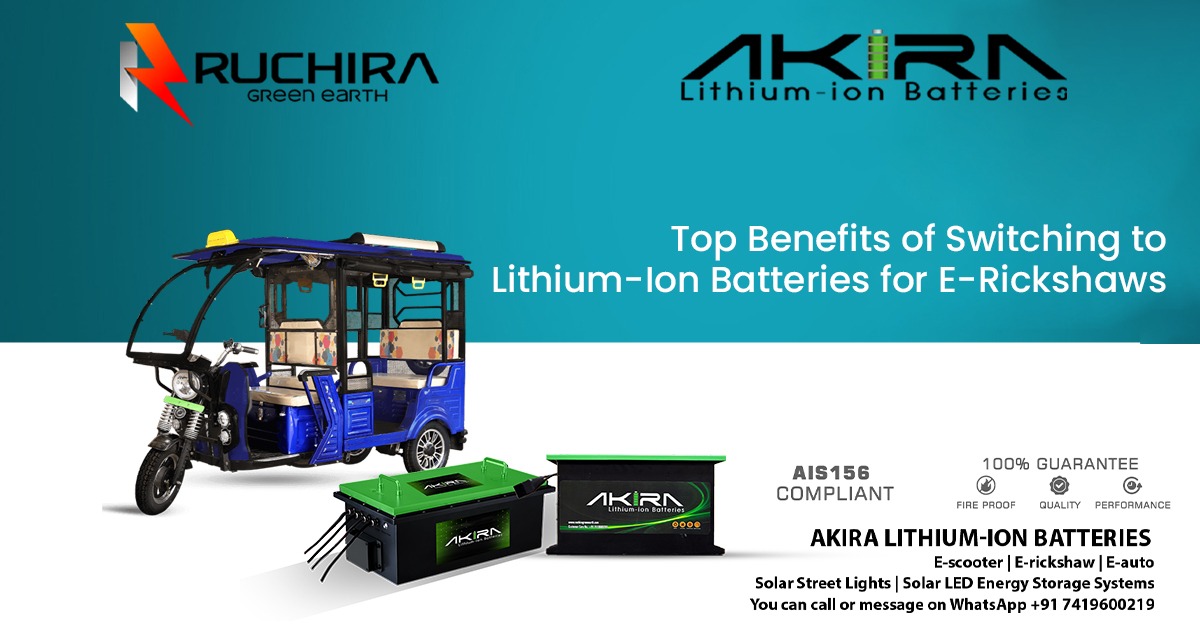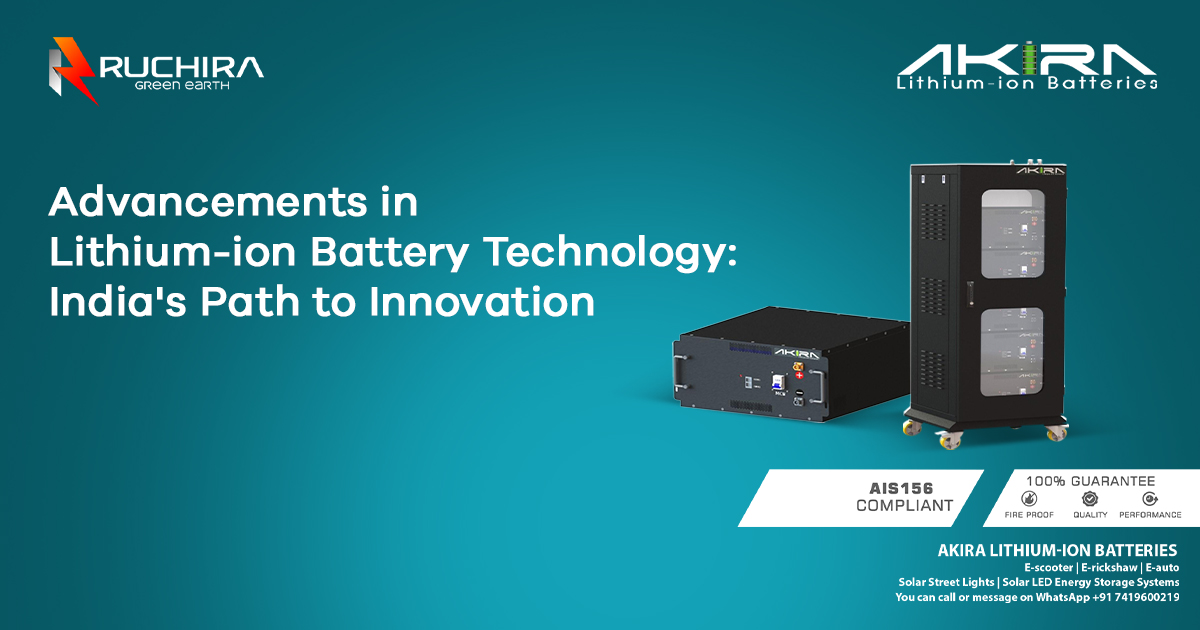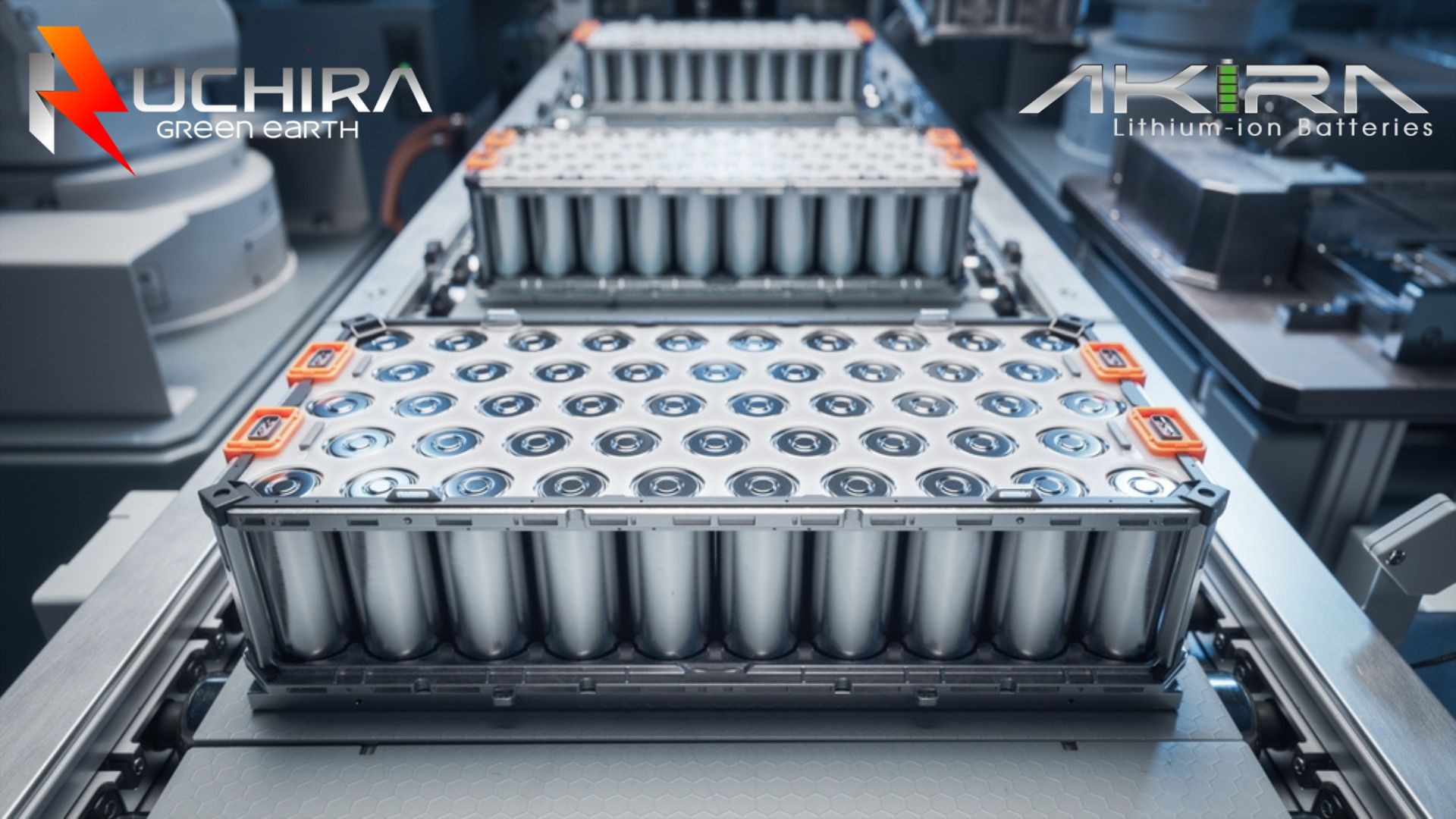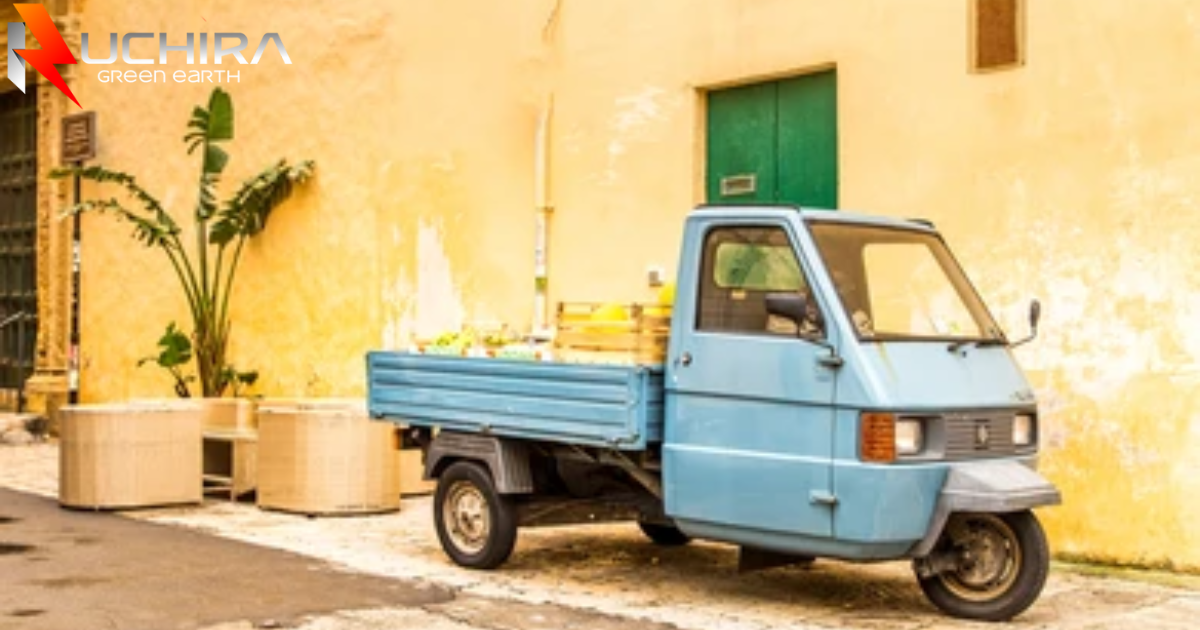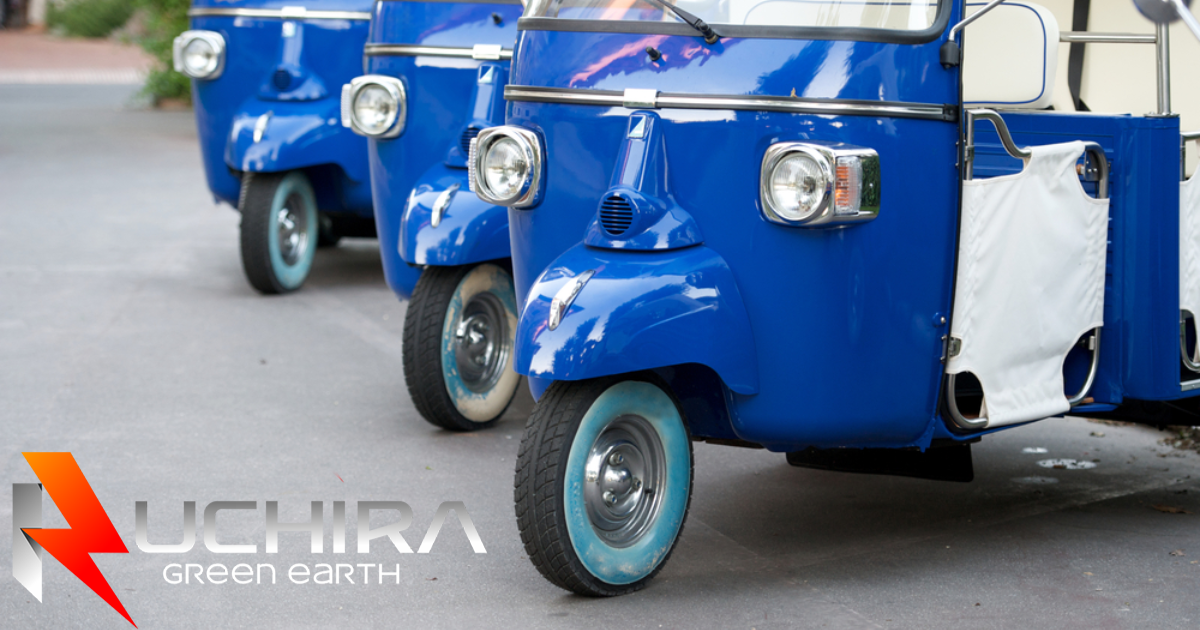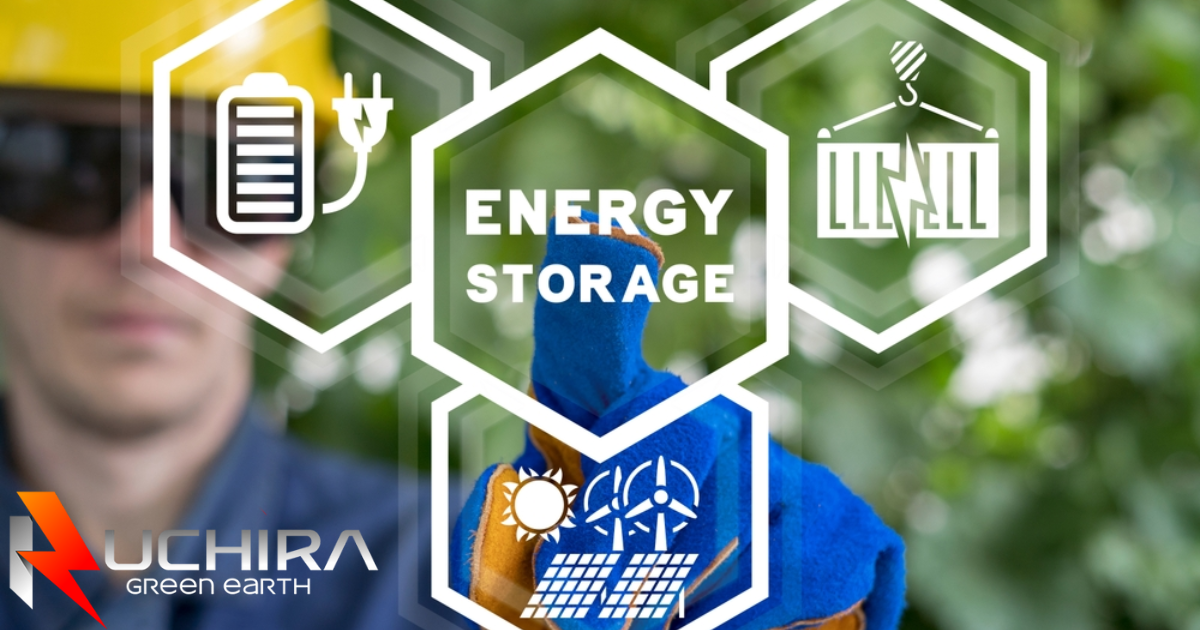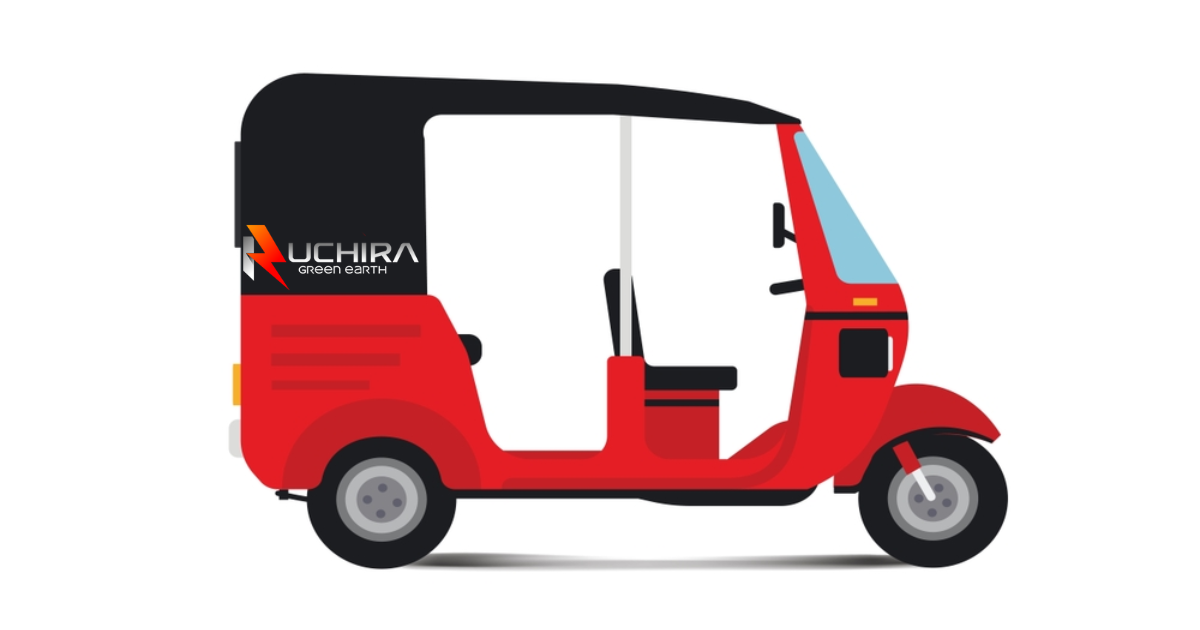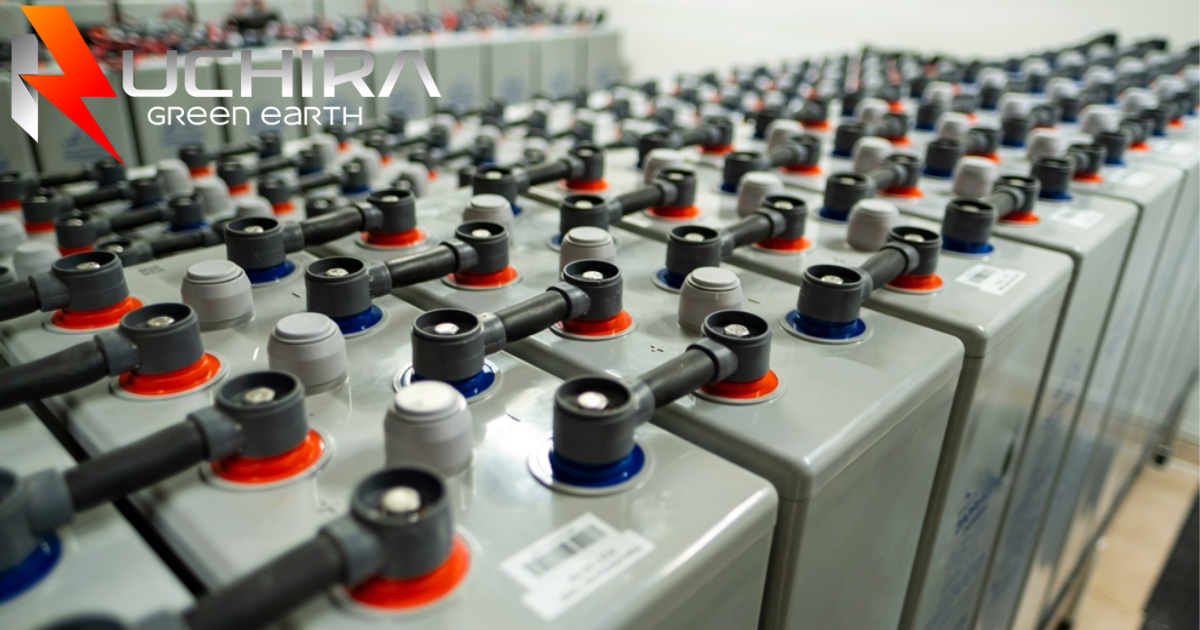Electric rickshaws are transforming urban transportation, offering an eco-friendly and cost-effective alternative to traditional fuel-powered vehicles. However, the type of battery used in an E-rickshaw significantly impacts its efficiency, durability, and overall performance. While lead-acid batteries have been the conventional choice for years, Lithium-ion batteries are emerging as the superior option. Switching to Lithium-ion batteries can enhance an E-rickshaw’s performance, reduce operational costs, and contribute to a cleaner environment. Let’s explore the top benefits of making the switch.
1. Longer Battery Life
One of the most significant advantages of Lithium-ion batteries is their extended lifespan. Unlike lead-acid batteries, which require frequent replacements, Lithium-ion batteries can last up to 5 times longer, making them a cost-effective investment for E-rickshaw owners. A reliable Lithium-ion battery manufacturer like Akira ensures high-quality batteries that maintain efficiency over the years, reducing the hassle of frequent battery changes.
2. Faster Charging Time
Time is money for E-rickshaw drivers, and waiting for hours to charge a battery can lead to lost income. Lithium-ion batteries charge much faster than lead-acid batteries, often reaching 80% charge in just a couple of hours. With the support of a trusted Lithium-ion battery manufacturer, Akira provides advanced battery technology that allows drivers to get back on the road quickly and maximize their earnings.
3. Lightweight and Compact
Traditional lead-acid batteries are bulky and heavy, adding unnecessary weight to the E-rickshaw. This extra weight reduces the vehicle’s efficiency and increases energy consumption. Lithium-ion batteries are significantly lighter, improving the overall efficiency of the vehicle while enhancing speed and performance. A high-quality Lithium-ion battery manufacturer like Akira designs lightweight and compact batteries without compromising on power and durability.
4. Higher Energy Efficiency
Efficiency plays a crucial role in determining how well an E-rickshaw performs on a single charge. Lithium-ion batteries offer higher energy density, meaning they store more power while consuming less energy. This translates to longer travel distances per charge, ensuring that drivers spend less time charging and more time earning. Partnering with an experienced Lithium-ion battery manufacturer, Akira ensures that E-rickshaws get the most efficient power solutions for daily operations.
5. Low Maintenance and High Durability
Lead-acid batteries require regular maintenance, including checking water levels and cleaning corrosion. In contrast, Lithium-ion batteries are virtually maintenance-free. They are designed to withstand frequent charge and discharge cycles without degrading quickly. This makes them a hassle-free and long-lasting choice for E-rickshaw owners who want a reliable power source with minimal upkeep.
Conclusion: Make the Smart Switch Today!
The advantages of Lithium-ion batteries over lead-acid batteries are undeniable. From longer lifespan and faster charging to higher efficiency and eco-friendliness, these batteries offer everything an E-rickshaw owner needs to enhance their vehicle’s performance. Choosing a reliable Lithium-ion battery manufacturer like Akira ensures that you get top-quality batteries designed for durability and efficiency.
Upgrade to Akira’s Lithium-ion batteries today and experience uninterrupted performance on the road!
